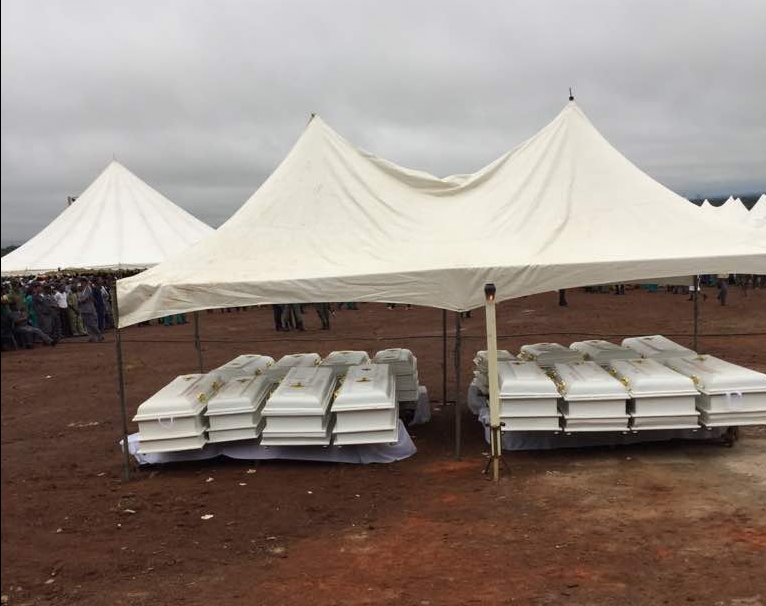
A fresh attack attributed to Fulani herdsmen has left seven killed in Tseadough village, in the Kwande local government area of Benue state, in Nigeria’s Middle Belt.
The assailants stormed the village in the early hours of Sunday 3 June, while people were asleep, the Chairman of Kwande Local Government Council told Leadership.
“They opened fire and shot sporadically in all directions and at anyone in sight, killing seven people, while six others were injured,” said Terdoo Kenti, who denounced the “unprovoked” attack on his community.
A pregnant woman was also reportedly kidnapped from the village, while several houses were set ablaze.
Violence attributed to Fulani herdsmen has reached a record high this year, particularly in the Middle Belt.
Benue has been the most affected state, with attacks carried out on an almost daily basis. According to its Governor, Samuel Ortom, at least 492 people have been killed in Benue so far this year.
The violence has been often portrayed as a conflict between Muslim nomads and Christian farmers over access to grazing lands. But many analysts believed that the ongoing violence has taken a religious dimension.
The assailants have a “clear agenda”, said Ortom on 22 May at the mass burial of 19 Catholics, including two priests, killed during early morning Mass at St. Ignatius Catholic Church in April.
“It’s about jihad, it’s about taking over the land; it’s not about herders and farmers clashes,” he said.
In recent attacks, the assailants have targeted Christian institutions, killing clerics and worshippers.
On 28 May, armed men believed to be Fulani herdsmen attacked a Catholic boys’ secondary boarding school in Jalingo, capital of neighbouring Taraba state. A priest was shot in the leg, while valuables worth thousands of dollars were destroyed.
On 24 April, 19 worshippers, including priests Joseph Gor and Felix Tyolaha, were massacred by presumed herdsmen. The attack provoked outrage in Nigeria and elsewhere, with the Catholic Bishops’ Conference of Nigeria urging President Muhammadu Buhari to step down.
In 2015, the Global Terrorism Index described the herdsmen as the fourth-deadliest known terrorist group in the world. Two years later, the 2017 Global Terrorism Index stated that Fulani herdsmen had undertaken more attacks and were responsible for more deaths in Nigeria in 2016 than Boko Haram.
Read more: Who are the Fulanis?